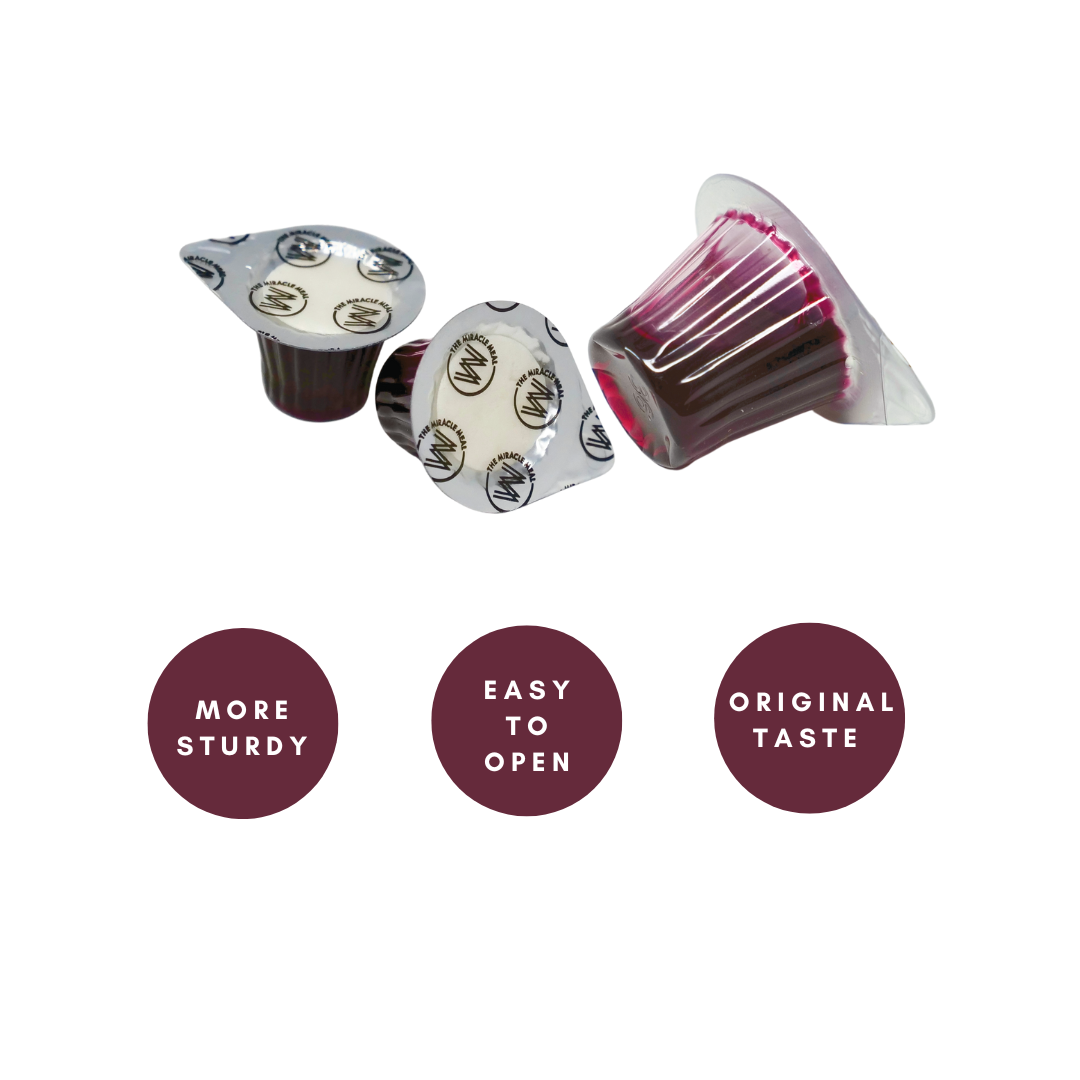Do Pre-filled Communion Cups Meet Religious Standards?
For centuries, communion has been a cherished practice for Christians around the world. It’s a solemn moment of reflection, symbolizing the body and blood of Christ. Many congregations consider it essential to maintain reverence and adhere to established guidelines when partaking of the bread and wine, or grape juice, representing the unity of believers.
In recent years, some churches have embraced individually packaged elements as a safe, convenient method to distribute communion. Others, however, are unsure if these modern containers truly maintain the sacredness of the sacrament. If you’ve ever wondered about this question, keep reading to explore relevant practices, theological perspectives, and practical considerations for your faith community.
Preserving Reverence Through Tradition and Adaptation
Christians have long upheld the importance of following biblical principles for the Lord’s Supper. Historically, some denominations used unleavened bread and wine, while others preferred common bread and grape juice. Yet the overall principle remains the same: to commemorate Christ’s sacrifice and remember His command to “do this in remembrance of me.” Many believers wonder if these modern sealed communion sets truly align with deeply rooted faith guidelines.
The good news is that most church traditions focus more on the sincerity of believers’ hearts and the symbolism of the elements than on any specific container. Are individually portioned communion elements recognized in the context of worship? In most cases, yes. Different congregations have upheld flexibility for centuries, allowing believers to adapt without compromising the theological essence of the sacrament. Ultimately, it’s about uniting in mindfulness and awe.
While certain liturgical practices specify the need for freshly prepared bread, the use of cups has been widespread for generations. Even the shift from communal chalices to individual glasses was once met with skepticism, yet it has become standard in many churches. Today, similarly, single-serving cups allow congregations to accommodate modern needs like hygiene and efficiency. The question often reduces to whether these easy-to-use containers can sustain the deep sense of reverence that people associate with Holy Communion.
Practical Insights While Evaluating Religious Validity
As congregations weigh the benefits of single-serving containers, they often consider important practical points. Convenience is a major advantage: no preparation is required, and cleanup is minimized. In addition, these sealed options typically have a shelf life of up to a year, ensuring freshness for extended periods. There’s a frequent inquiry about whether these ready-to-serve cups uphold recognized religious standards, and in most cases, the answer is affirmative as long as they contain the traditionally accepted bread and juice.
Many believers highlight the role of humility and devotion when handling the sacrament. Even if the elements come in recyclable plastic cups, the meaning remains the same as long as the congregation engages with the service in a reverent manner. Some prepackaged solutions include two layers of film: the top reveals the wafer, and the second foil seal covers the juice. By maintaining these basic components of communion, churches can ensure that the sacred act remains both meaningful and biblically grounded.
Providers like The Miracle Meal also emphasize ease of use. The quiet opening mechanism, for instance, avoids disrupting solemn moments of prayer or reflection. On top of that, the single-serve model helps reduce the contact between individuals, which can be beneficial in times when health concerns weigh heavily on congregations. This combination of convenience, consistency, and intentional design meets the desire for a genuine spiritual experience while honoring established traditions.
Conclusion
Ultimately, pre-filled communion cups fulfill their purpose when they honor the sacred remembrance of Christ’s sacrifice. Whether your place of worship follows centuries-old custom or adopts a more contemporary approach, the heart of communion remains in reflecting on God’s grace. By embracing practical matters such as hygiene and convenience without dismissing reverence, congregations can confidently incorporate these sealed elements into their worship.
If you’ve been looking for a practical communion solution, we invite you to explore our selection of pre-packaged cups. With a one-year shelf life, silence-friendly design, and recyclable materials, our offerings can help you create an environment of both solemnity and convenience. Visit our online store to see how these single-serve cups can seamlessly fit into your church’s tradition and ministry.






